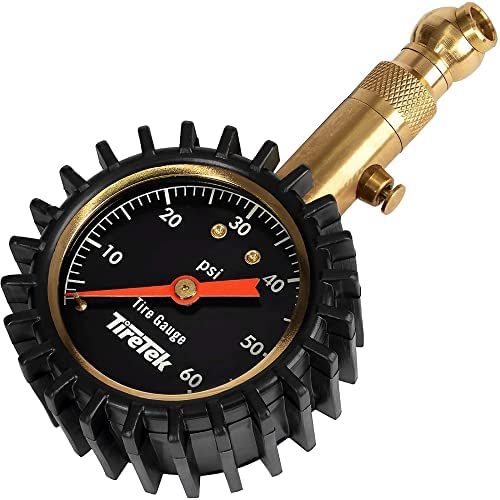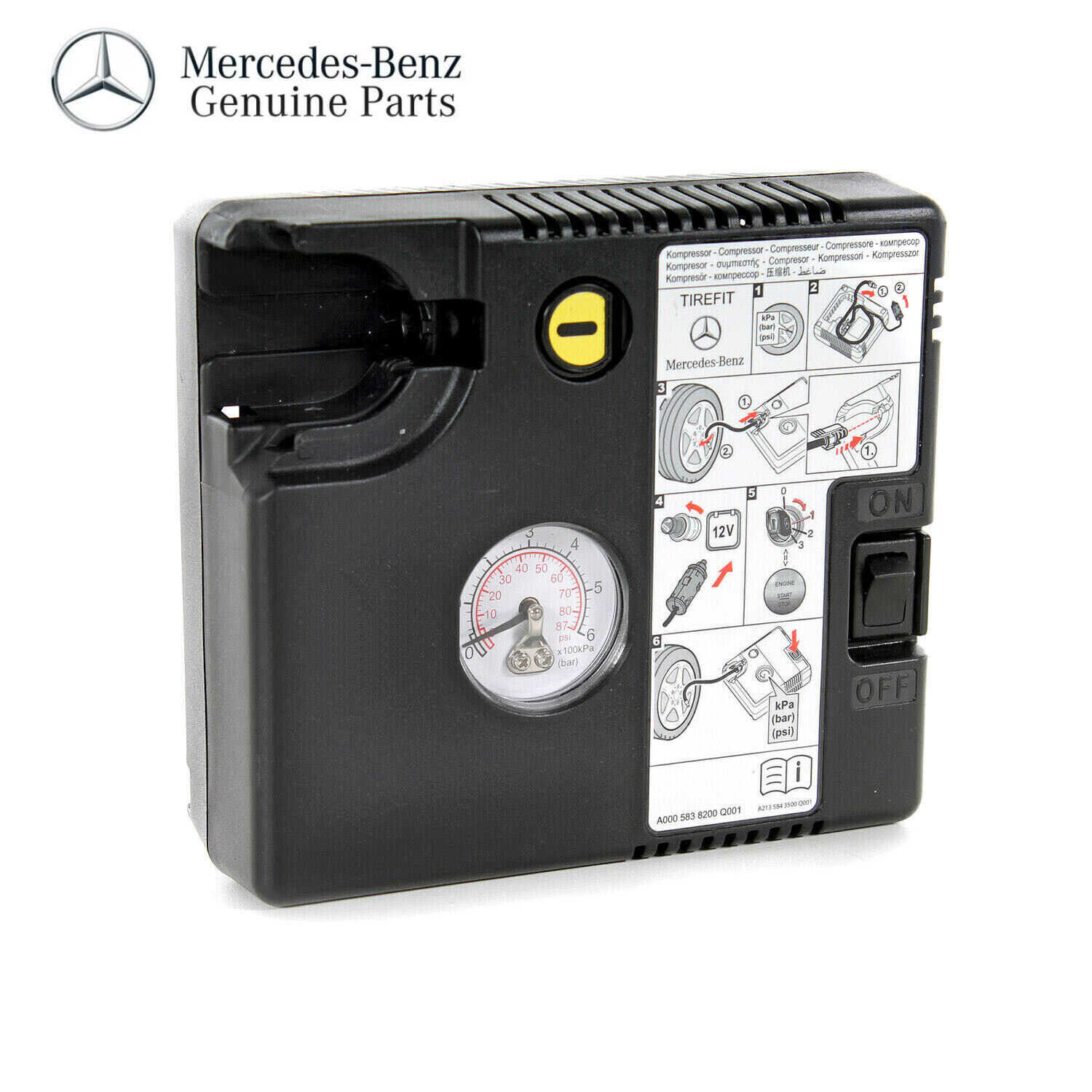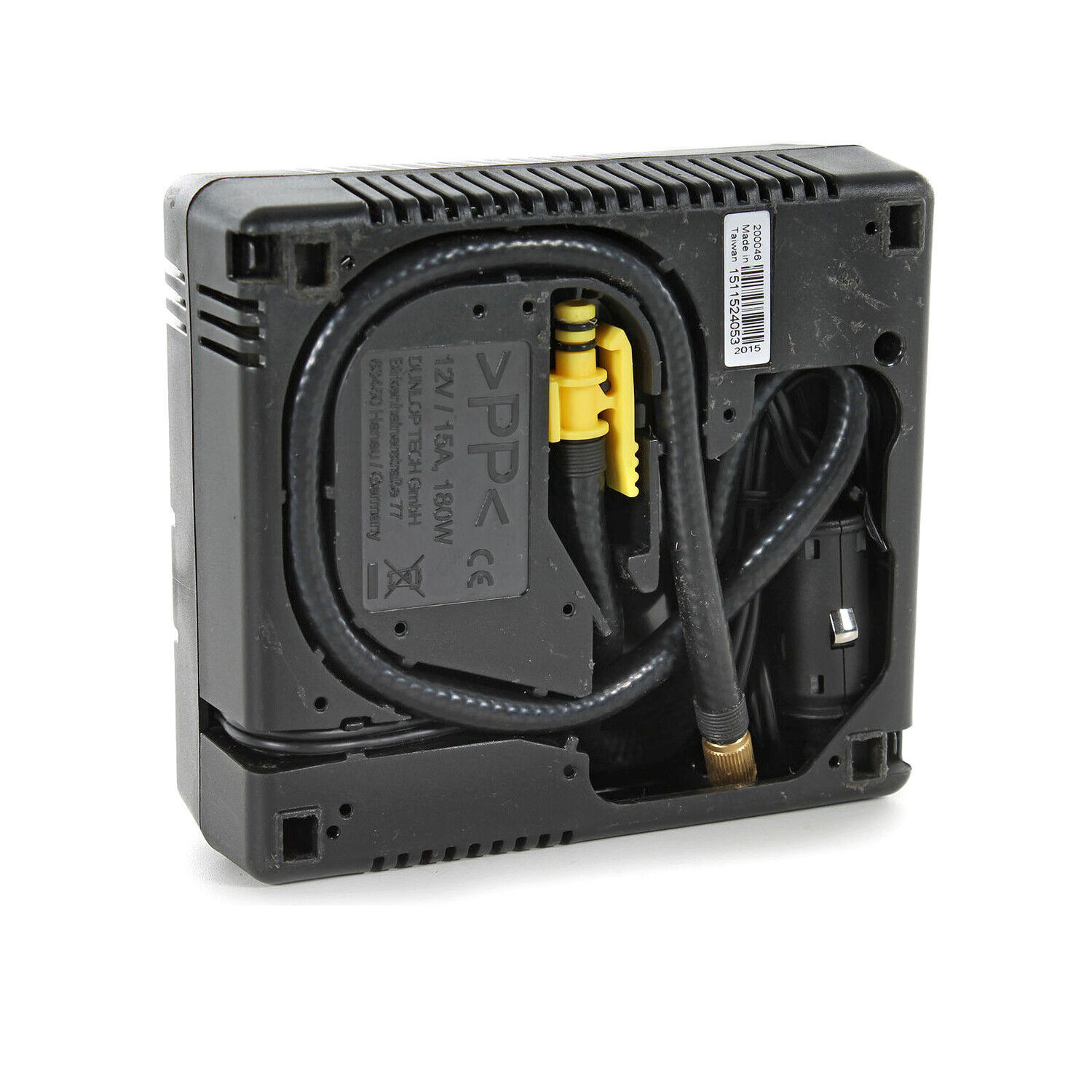Anyone else inflate their vehicle tires manually? After my electric powered inflator died about 18 months ago, I replaced it with a foot pump. I reasoned that it should last longer and be more trouble free, and not be much of a workout since one should only need to add a few pounds of pressure to top off the tire pressure. And I could use more exercise so why not. It has been a good choice for the most part, though I found one tire at least 8 pounds under inflated today and it took more strokes to inflate it than I bargained for, causing me to question my method of inflating for a few minutes.
Modern vehicles come with Tire Pressure Monitoring Systems, but how many are repaired when they fail. To that end does anyone have a recommendation for a tire pressure gauge? One that is accurate and reliable for a decade or more? In the attached photo the big round one is only 18 months old and seems accurate enough but does not hold the reading making it hard to use. The pencil/stick gauge in the middle is over a decade old and still works well. The pencil gauge on the right is stuck/dead. I had always questioned those cheap pencil sticks but maybe one just needs to get a couple of them to help detect inaccuracy in readings?

Modern vehicles come with Tire Pressure Monitoring Systems, but how many are repaired when they fail. To that end does anyone have a recommendation for a tire pressure gauge? One that is accurate and reliable for a decade or more? In the attached photo the big round one is only 18 months old and seems accurate enough but does not hold the reading making it hard to use. The pencil/stick gauge in the middle is over a decade old and still works well. The pencil gauge on the right is stuck/dead. I had always questioned those cheap pencil sticks but maybe one just needs to get a couple of them to help detect inaccuracy in readings?












